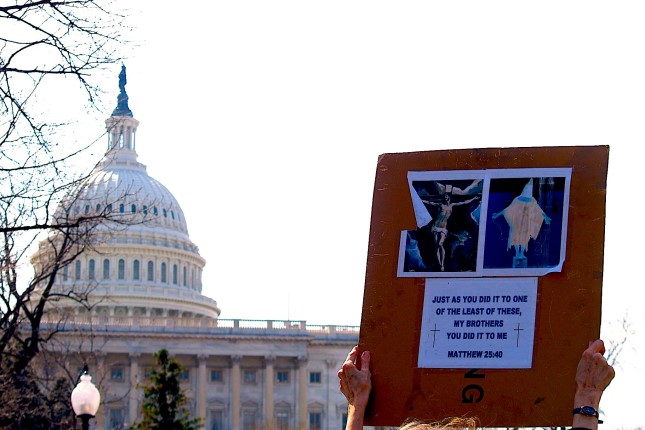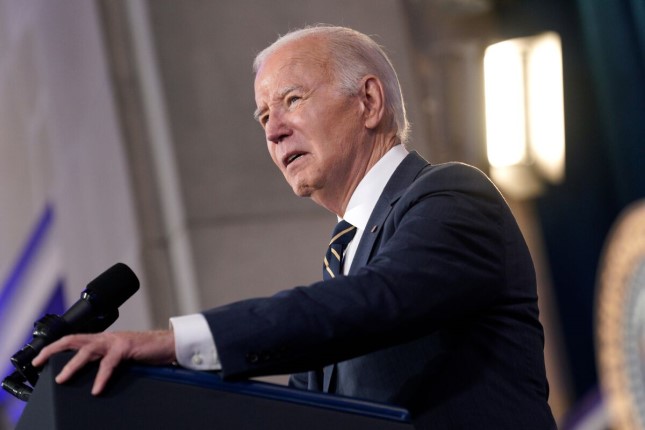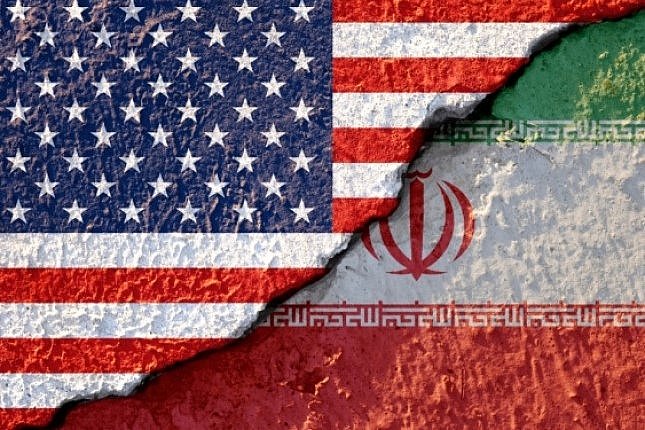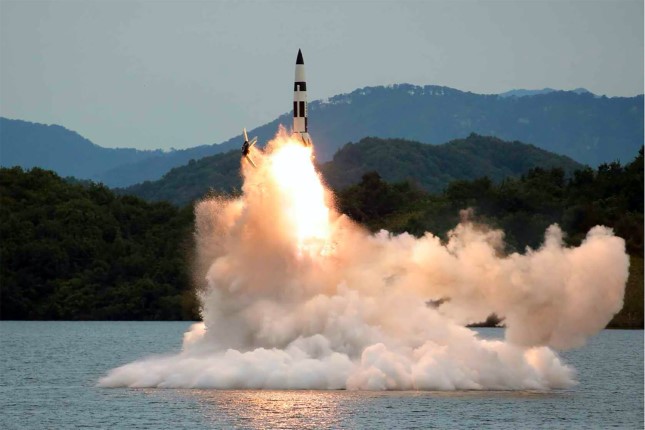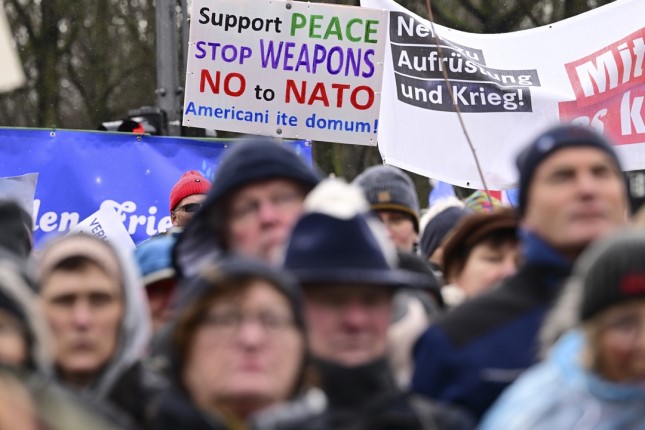Iraqis tortured by American forces two decades ago during the disastrous U.S. occupation of their country have yet to receive any sort of compensation from the U.S. government as they suffer lasting physical and psychological trauma, according to a report released by Human Rights Watch.
The group interviewed an Iraqi who was detained at Abu Ghraib prison — which U.S. forces used as a detention facility — between November 2003 and March 2005.
Taleb al-Majli, who was released without charge after 16 months, told HRW that he was one of the detainees in the infamous photo of naked, hooded Iraqi prisoners whom U.S. forces piled on top of each other to form a human pyramid. In the photo, two U.S. soldiers are behind the prisoners smiling, and one of them is flashing a thumbs-up.
“This one year and four months changed my entire being for the worse,” said al-Majli, who told the human rights group that he started biting his hands and wrists as a coping mechanism while he was imprisoned — something he still does to this day.
“It destroyed me and destroyed my family,” al-Majli said of his detention. “It’s the reason for my son’s health problems and the reasons my daughters dropped out of school. They stole our future from us.”
HRW noted that al-Majli has spent the nearly two decades since his release pursuing redress for the abuse he endured at the hands of U.S. soldiers, to no avail. When the group wrote to the Pentagon earlier this year detailing al-Majli’s case and asking for any information on plans to compensate Iraqis who were tortured by U.S. forces, it did not get a response.
“Twenty years on, Iraqis who were tortured by U.S. personnel still have no clear path for filing a claim or receiving any kind of redress or recognition from the U.S. government,” Sarah Yager, HRW’s Washington director, said in a statement. “U.S. officials have indicated that they prefer to leave torture in the past, but the long-term effects of torture are still a daily reality for many Iraqis and their families.”
During a 2004 congressional hearing convened days after reporting by veteran investigative journalist Seymour Hersh and others uncovered the grotesque torture that U.S. forces were perpetrating at Abu Ghraib, then-U.S. Secretary of Defense Donald Rumsfeld — a key architect of the Iraq invasion — said he was “seeking a way to provide appropriate compensation to those detainees who suffered such grievous and brutal abuse and cruelty at the hands of a few members of the U.S. military.”
“It’s the right thing to do,” Rumsfeld added.
But HRW said in its report Monday that it has “found no evidence that the U.S. government has paid any compensation or other redress to victims of detainee abuse in Iraq, nor has the United States issued any individual apologies or other amends.”
“Some victims have attempted to apply for compensation using the U.S. Foreign Claims Act (FCA),” the group said.
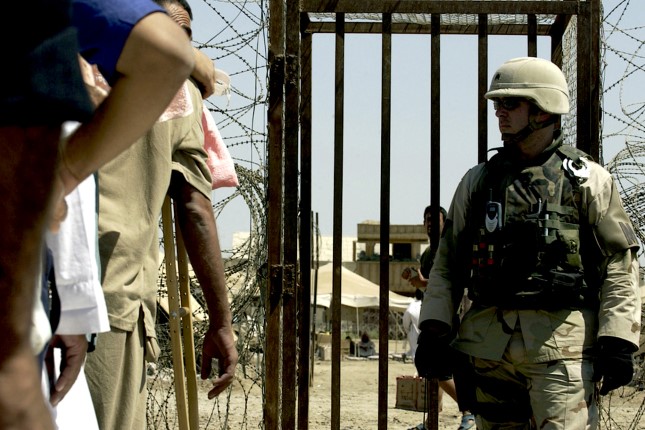
U.S. soldier at gate of Baghdad Correctional Facility in Abu Ghraib as prisoners no longer considered a security threat are about to be released, May 6, 2004. Photo: U.S. National Archives.
“Human Rights Watch was unable to find public evidence that payments have been made under this law as compensation for detainee abuse, including torture. In 2007, the American Civil Liberties Union obtained documents detailing 506 claims made under the Foreign Claims Act: 488 in Iraq and 18 in Afghanistan. The majority of claims relate to harm or deaths caused by shootings, convoys, and vehicle accidents.”
“The only case of a Foreign Claims Act payment relating to detention in those documents was for a claimant who was paid US$1,000 for being unlawfully detained in Iraq, with no mention of other abuse,” HRW added. “Five other claims were for abuse in detention, but they are among eleven claims that do not contain the outcome, including whether payment was made.”
Attempts by some Iraqis to pursue redress through the U.S. court system have also failed. According to HRW, “the U.S. Justice Department has repeatedly dismissed such cases using a 1946 law that preserves U.S. forces’ immunity for ‘any claim arising out of the combatant activities of the military or naval forces, or the Coast Guard, during time of war.'”
Yager argued that the heads of the Pentagon and Justice Department “should investigate allegations of torture and other abuse of people detained by the U.S. abroad during counterinsurgency operations linked to its ‘Global War on Terrorism.'”
“U.S. authorities should initiate appropriate prosecutions against anyone implicated, whatever their rank or position,” said Yager. “The U.S. should provide compensation, recognition, and official apologies to survivors of abuse and their families.”
Photo: Crucifixion & Abu Ghraib sign at The Public Witness Against Torture, Washington, D.C., March 10, 2008 © takomabibelotm / Flickr / Public domain.
Source: Consortium News.
